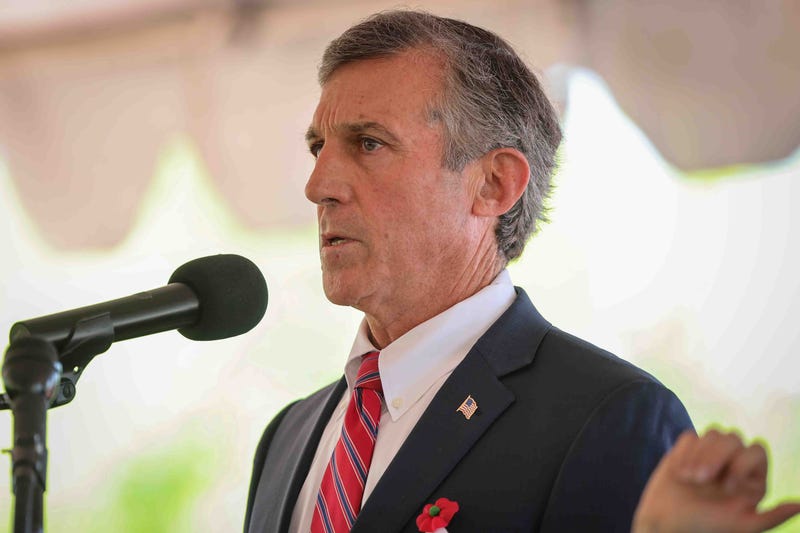
DOVER, Del. (KYW Newsradio) — There’s a battle over marijuana legalization in Delaware, and it all hinges on a veto override vote.
House Bill 371 easily passed the state House with 26 votes, but Gov. John Carney vetoed the bill. Now, bill sponsors need 25 votes to override the veto.
Sounds simple enough — with a vote to spare, it should be a piece of cake. The bill sponsor, Rep. Ed Osienski, says otherwise.
“It’s going to be a large lift,” he said.
Osienski has spoken with many of the members of the state House who initially voted in favor of the bill. Some are on the fence now.
“We had the three-fifths majority that it takes to override. We had that vote count when we passed the bill,” Osienski said. “But voting for a piece of legislation and then voting for a veto override are two different things.”
The vote hasn’t made it onto the House agenda yet. Osienski isn’t sure what day that will happen, but he expects it this week. And when it does, there’s no telling how that will go.
“It’s one of those things where you don’t really know how somebody is gonna vote until their name is called,” he said.
Advocates for legalization have criticized the Democratic governor for going against the grain on this issue.
Zoe Patchel, founder and executive director of the Delaware Cannabis Advocacy Network, said the majority of people in the state disagree with Carney’s veto.
“It is beyond disappointing and frustrating considering that Gov. Carney broke from his own party, where this is actually a platform,” she said.
Like New Jersey, Delaware split marijuana legislation into two bills: one for legalization and another for setting up the marijuana marketplace and tax rates. The marketplace bill never made it to Carney’s desk, but legalization did, which is what he vetoed.
“We’re hoping that all the lawmakers continue to vote in favor of the overwhelming majority of Delawareans that want this bill to pass,” Patchel said.
This wasn’t a surprise for people who have been following along with the legislation. Carney has repeatedly said he does not agree with recreational marijuana legalization. He cited public safety risks and the dangers to kids as two main reasons.
Carney does support medical marijuana and decriminalization. He doesn’t think people should be locked up for possessing a small amount of weed, but state law does permit fines.
Patchel argued it’s unacceptable for people to be fined and have unnecessary interactions with police because of weed, as marijuana laws are disproportionately enforced on people of color.



